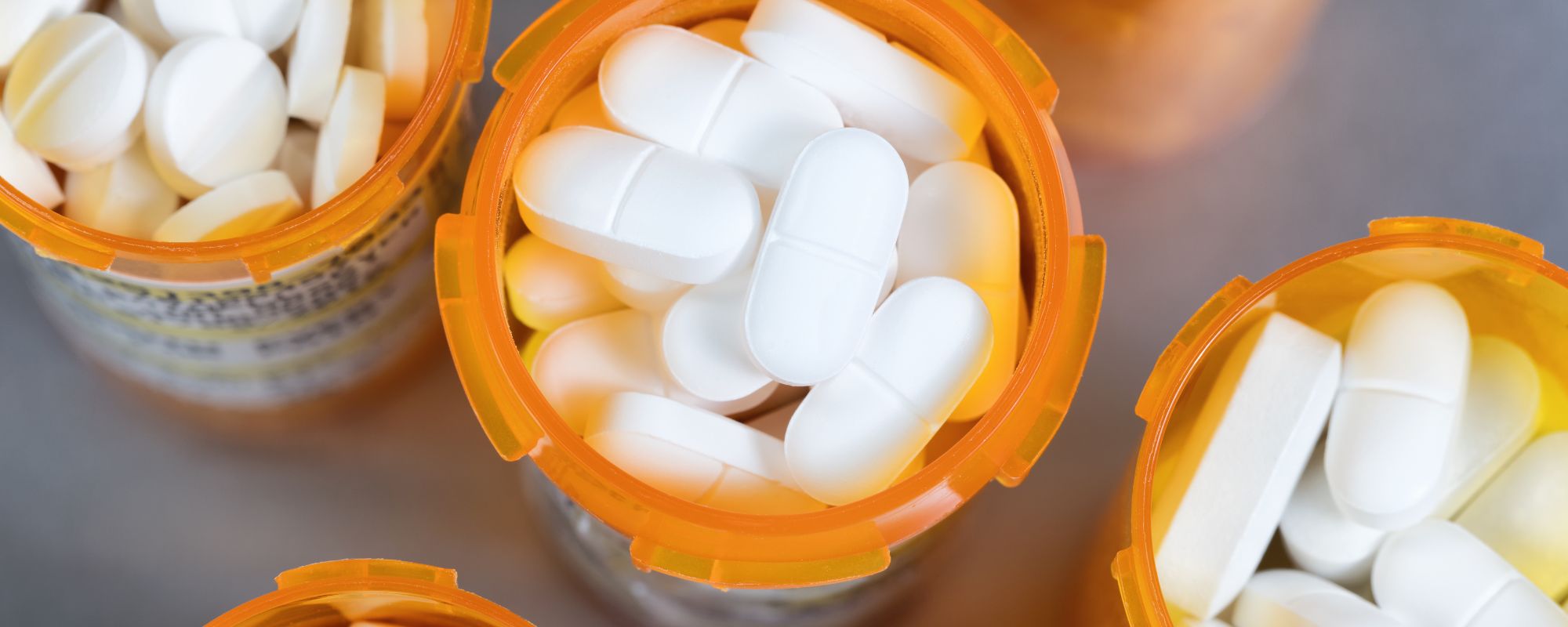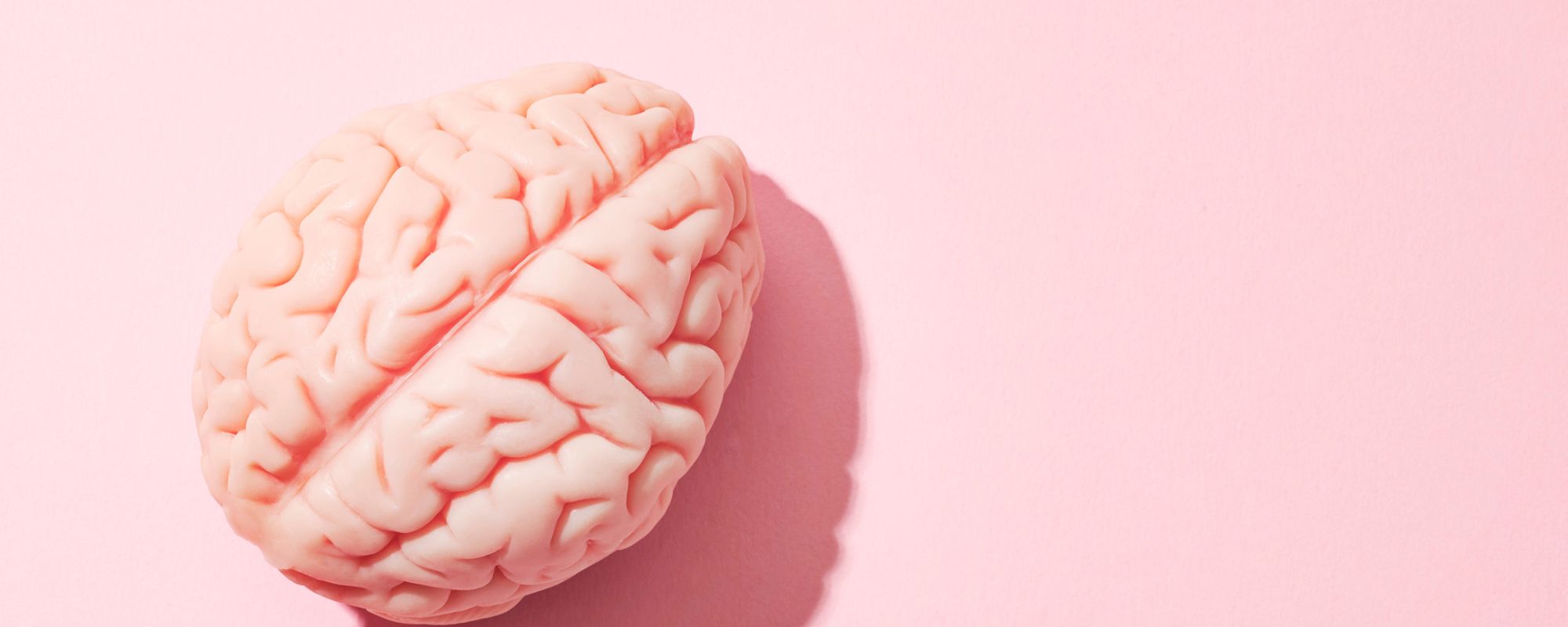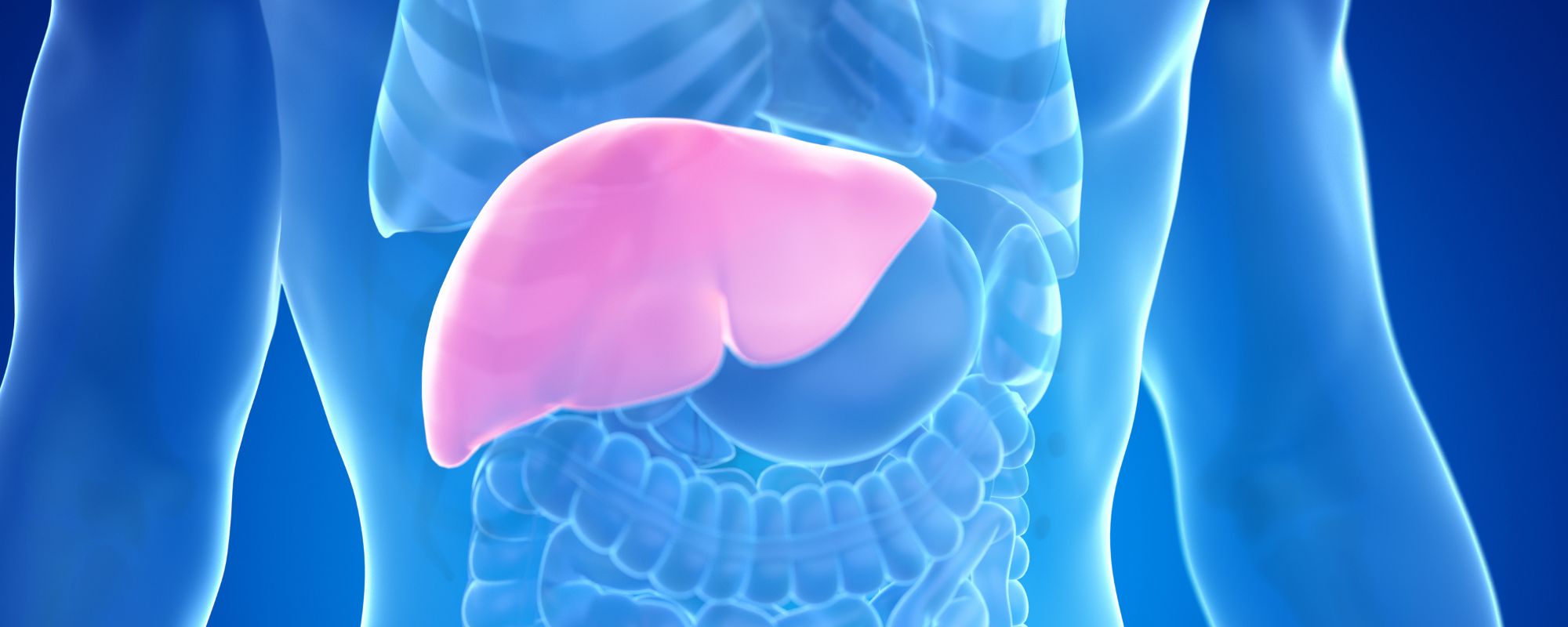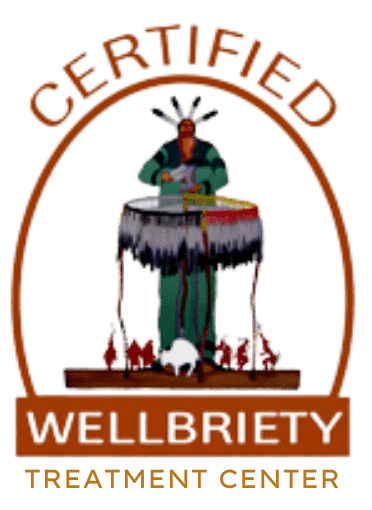Point blank: drinking alcohol does not protect you against COVID-19. In fact, alcohol consumption increases the likelihood of health risks when you contract the coronavirus. With alcohol consumption rates skyrocketing as the pandemic continues, it is important to spread awareness about the truth regarding COVID-19 precautions to avoid spiraling into addiction.
Considering that COVID-19 is a respiratory virus, it is important to take precautions to block the respiratory droplets of an infected person from reaching you. Respiratory viruses transmit through contact transmission, droplet transmission, and airborne transmission. The CDC previously believed that the coronavirus mainly transmitted through airborne transmission. However, we have since learned that, while the virus can be caught through the air, is it more likely to spread through direct or indirect contact with an infected person or respiratory droplets. Wearing a mask helps lower the risk of spreading COVID-19. However, masks do little to impede respiratory droplets from reaching your eyes, lungs, or skin.
Due to the dangerous symptoms and side effects caused by COVID-19, people have been floundering for cures and remedies to stop the spread. Hand sanitizer is a huge proponent of reducing the spread of COVID-19 due to its ability to kill germs left on surfaces (shopping carts, door handles, skin). Unfortunately, once people found out that sanitizers contain alcohol, false claims began to spread about the (non-existent) combative powers of drinking alcohol to fight COVID-19.
While certain alcohol-based disinfectants (50-70%) can kill viruses on the skin, it has no effect on a virus once ingested. Alcohol cannot permanently disinfect your mouth or throat, and therefore will not protect you from COVID-19 in the air.
Types of Alcohol
There are three types of alcohol that humans commonly use. It is often used for cleaning for disinfecting properties. Additionally, it aids gasoline in vehicle fuel. Commonly, people associate alcohol with recreational drinking. However, only one type of alcohol, ethanol, is even remotely safe for human consumption.
Isopropanol
Isopropanol is a chemical compound most commonly known for its cleaning abilities. When mixed with water, isopropyl alcohol can penetrate the cell walls of many bacteria, fungi, and viruses. Isopropyl-water solvents containing 60-70% alcohol are in rubbing alcohol, hand sanitizer, and disinfecting pads.
Ethanol
In addition to isopropyl, ethanol (ethyl alcohol) is used for disinfecting purposes mixed with water in a 70% alcohol solvent. An antiseptic, ethanol dehydrates cells and the cell dies as water drains.
Ethanol is best known for its recreational properties in alcoholic beverages. Ethanol is the only alcohol tolerated by the human body, making it possible to consume. However, all forms of alcohol, ethanol included, are toxic— ethanol is simply the least toxic alcohol.
Methanol
Methanol has the highest toxicity level of all alcohols, followed closely by isopropanol alcohol. In fact, consuming 0.34 ounces of pure methanol can result in permanent blindness. In addition, 3.4 ounces of pure methanol is fatal to humans.
Similar to ethanol, methanol causes central nervous system depressant, but methanol has severe CNS effects that skip the “drunken” stage, presenting as immediate alcohol poisoning. Additionally, methanol breaks down into formaldehyde (toxic to humans) and turns in formic acid, or formate (extremely toxic to humans). Formate impedes cell oxidation and metabolic acidosis— in simple terms, it fills your body with poison and stops your cells from breathing, which stops you from breathing.
Methanol works to embalm corpses when in the form of formaldehyde. Additionally, methanol makes up around 3% of gasoline for vehicles. Interestingly, it is a possible green alternative to replace gasoline for future fuel sources. Unlike ethanol and isopropanol, methanol cannot disinfect a surface or kill bacteria, fungi, or viruses.
Why Can Alcohol Kill COVID-19 On the Skin, But Not Inside the Body?
In order to protect yourself from contracting COVID-19, wearing a mask and using alcohol-based disinfectants is important. It is necessary to mention that these disinfectants are not as successful as washing your skin (hands especially) with soap and water. However, if you find yourself without a handwashing station, proper sanitizers are a convenient source of protection.
Additionally, the only two alcohols that can kill viruses on the skin are isopropyl and ethanol. During the COVID-19 pandemic, traces of methanol have been found in hand sanitizers claiming to contain ethanol. In order to curb the possibility of methanol poisoning and cancers caused by methanol exposure, the FDA recalled several sanitizer products and blocked the use of methanol-tainted products from entering the U.S. market.
Sanitizers and disinfectants must contain 50-70% isopropyl or ethanol in order to kill the virus if it is on the skin or other surfaces. This is because pure alcohol cannot breach the cell wall of bacteria, fungi, or viruses. Concentrations higher than 70% actually freeze the cell wall, preventing the solvent from accessing and killing the germ inside.
Do note, rubbing alcohol and hand sanitizers are strictly for topical use. Drinking these products poisons you with toxins, often resulting in death. Additionally, consuming isopropanol or ethanol solvents cannot get a person drunk because the chemicals are metabolized differently in the body. Instead, it results in dizziness and a drop in blood pressure that causes you to blackout. While unconscious, the chemicals destroy your organ systems, drown your lungs in fluid, and stop your heart. If consumed by accident, it’s vital that you receive immediate medical attention. Do not attempt to consume any type of disinfectant or hand sanitizer because it will likely kill you or irreparably damage your organs upon initial consumption.
Drinking Alcohol Can’t Cure Coronavirus
Few alcoholic beverages sold in stores contain the alcohol percentage necessary to kill the virus on your skin. Regardless, beverages that contain 50-70% of alcohol content cannot kill the virus in your body through ingestion.
Levels found in common alcoholic beverages:
Beer: 3-10 percent Wine: 8-14 percent Liqueurs: 15-25 percent Liquor: 40 percent and up
No matter the percentage within an alcoholic beverage, drinking alcohol cannot kill the coronavirus. This is because, in order for the solvent to kill the virus, it must be at least 60% alcohol. In the body, a standard drink metabolizes and the resulting concentration of alcohol in the blood falls to 0.01-0.03%. In fact, a blood-alcohol concentration of 0.4% can kill a person. That being said, it’s physically impossible to drink enough alcohol to kill COVID-19 inside the body without dying first.













